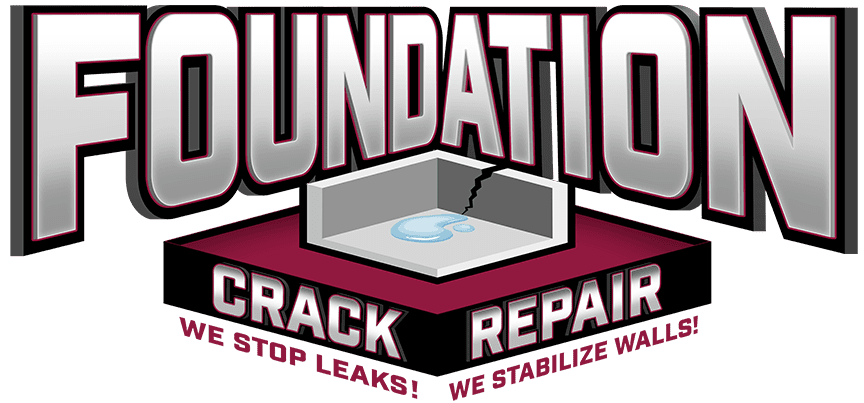Foundations are one of the most important pieces to a structure or building. They provide the necessary support for a structure. Poured, block, brick, stone, and stem foundations are all types to choose from depending on the project.
Each foundation has its own advantages and disadvantages, and the best type to use will depend on the specific project. All types of foundations are important in any construction project, as they help stabilize walls and increase overall strength and durability.
Poured concrete foundation walls
When it comes to residential foundation walls, poured concrete foundation walls are the most common. Generally, poured concrete foundation walls are a combination of concrete and rebar to create a strong, long-lasting structure. The foundation walls are typically poured up to a few feet higher than the grade level, with footings that are placed below the frost line to prevent any damage from heaving during cold weather. The walls are then reinforced with rebar and filled with concrete to create the basic form of the foundation. After the concrete has hardened and cured enough to be structurally sound, the foundation walls are ready for any additional soil loading they may encounter.
Poured concrete foundation walls are able to withstand years of heavy-duty use, provided that they are installed and maintained properly. When an ineffective waterproofing system is functioning, this type of foundation wall can let moisture in and cause cracks in the concrete, leading to serious structural damage over time. Regular inspection helps maintain poured concrete foundation walls and ensure they will last through decades of residential use.
Block foundation walls
Block foundation walls are a popular and cost-effective method to building a foundation. They are mostly concrete but some contain stone and brick. Blocks are usually stacked in rows and staggered along the foundation line. These blocks are filled with concrete or grout as well as a waterproof layer of tar, which helps keep water out from inside the home. Block foundation walls help reinforce strength, protection, and integrity of the house, making them ideal for homes in a wide range of climates and ground conditions.
Block foundations are a great choice for homeowners looking for a cost-effective way to build a strong foundation. Typically, they are made with concrete blocks, but other types of blocks such as brick, stone, and even cinder blocks can be used.
The blocks may be placed in any desired pattern, making them highly customizable. With the use of hydrostatic pressure, water can be kept away from your foundation, which makes them great for areas prone to flooding. Furthermore, block foundations are very versatile and used in a number of different climates for a number of different purposes, from frost heave to thermal expansion.
Brick foundation walls
Brick is another common material used to reinforce foundation walls and is often seen for residential properties. Durable, strong, supportive, and waterproof, these types of foundation walls are an excellent choice for style and longevity. While the material is generally more expensive than others, repairs are typically much more cost-effective as they require less labor.
Stone foundation walls
For a classic look, stone works well to help build a type of foundation walls. These stone materials are commonly made of granite, limestone, sandstone, slate, or marble. These walls are considered reliable, supportive, stable, and often complement a traditional or rustic styled design. The stones can range in size and shape and are generally held in place with mortar.
They are excellent at prolonging the longevity and integrity of a structure and are known well for keeping moisture out, however, they too are also prone to cracks or problems if not properly maintained. Thankfully, repairing these types of structures is possible and should in fact be done if any stones become loose or any mortar has cracked or deteriorated.
Stem walls
Stem foundation walls have layers (sometimes called “courses”) referred to as CMUs (concrete masonry units). Stem walls help distribute the weight of a building and act as a barrier to keep water and soil away from the structure. Both residential and commercial construction use stem walls. Stem walls are common and efficient choices for ground-level structural foundations, basements, or lower levels. True to their name, these structures are designed with a stem and layers gradually narrowing as they reach the top of the wall.
The main advantages of stem foundation walls are their resistance to soil pressure, their flexibility in terms of design and construction, and their relatively low cost. While blocks are the most commonly used material, they can also be cast in place with reinforced concrete if needed. The blocks are laid such that the space between them is filled with dry-stack concrete or grout. This grout helps tie all of the blocks together and better support the surrounding soil. The use of rebar and other reinforcing elements may also be included in the design to add support and help protect against movement and cracking.
However, stem walls are prone to problems that may include cracking, movement, and displacement. Cracking can be caused by expansive soils triggered by extreme climates or changes in temperature and hydrostatic pressure on the wall can cause cracks. A crack may create a weak point in the wall’s structure that can compromise the safety of the building. Additionally, these weak points may be prone to water leakage, which can further damage the overall structure when improperly addressed.
If you have found cracks in your foundation walls of any type, you will want to contact a professional crew of experts to take care of the situation. Foundation Crack Repair has repaired hundreds of foundations in the past year. We’re here to help. Contact us today.

